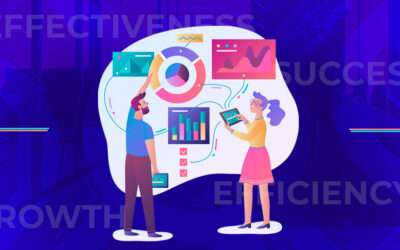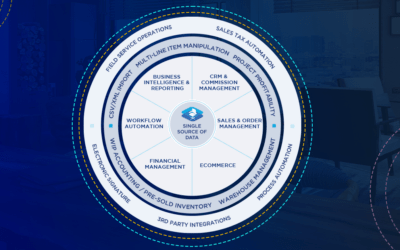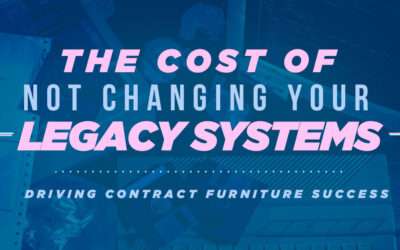A lot changed in 2020, and the contract furniture industry (CFI) stood at the crossroads of numerous different shifts in how people work, live, and function. When the pandemic sent employees worldwide home to work, many offices and workplaces stood empty, waiting for them to return.
Then, when large tech companies like Facebook announced that working remotely was more of a “new normal” than a blip (it’s allowing 50% of its workforce to work remotely forever, with the remaining employees remaining remote until July), the need for more permanent, at-home office space grew.
These and other shifts created both challenges and opportunities for an industry that’s historically focused on selling furniture not intended for residential use. One on hand, we saw employers begin offering expense reimbursements for new furniture and equipment their associates needed to be able to work from home. In 2020, the average reported stipend for home office upgrades was about $1,000.
As they worked to adjust to these shifts and continued to move their businesses forward, many CFI companies turned to technology for help. Cloud-based enterprise resource planning (ERP) platforms, for example, allowed them to manage their multifaceted business processes from one place, have a single source to truth for all associates to refer to, and manage their own suddenly-remote teams of designers, salespeople, and installers.
A Hybrid Work Approach
According to a recent McKinsey & Co. study, roughly 20%-25% of the world’s workforces may continue to work from home between three and five days a week post-pandemic. “This represents four to five times more remote work than before the pandemic and could prompt a large change in the geography of work,” it says, “as individuals and companies shift out of large cities into suburbs and small cities.”
In examining the type of work best done in person (versus remotely via Zoom), McKinsey found that negotiations, critical business decisions, brainstorming sessions, providing sensitive feedback, and onboarding new employees are all examples of activities that may lose some effectiveness when done remotely.
The Return To Work
As companies prepare to bring workers back, experts interviewed by the New York Times say even more changes are on the way. They say to expect expanded gathering spaces and fewer personal workstations, along with workplaces that are being reimagined for activities benefiting from face-to-face interaction (e.g., collaboration on projects and employee training) as a way to promote a company’s culture and identity. The publication also predicts that common areas will be increased and equipped with furniture that can be moved as needs change. “Steelcase and Knoll, suppliers of office furniture, report strong interest in mobile tables, carts, and partitions,” it reports.
As it helps customers prepare for the big “return to work” while also facing ongoing challenges like supply chain shortages and long order lead times, the CFI industry can use NetSuite Cloud ERP to navigate these complexities while also maintaining a healthy bottom line. NetSuite eliminates the need for multiple, disparate applications and brings data into one customizable system. It also improves inventory management, streamlines procurement processes, and provides a 360-degree view of the customer.
Cloud ERP Benefits for the Contract Furniture Industry
Cloud ERP also helps contract furniture dealers:
Better understand their own operations. Gain insight from data gathered across your organization and empower your employees with the information they need from dashboards and tools to increase productivity.
Better understand their customers. Record every interaction immediately to provide the best customer service—from marketing campaigns to sales to the delivery experience to service and support—all in a single, searchable system.
Engage customers where they are (at home, in the office, in the warehouse, etc.). Deliver true omnichannel shopping and service experiences across web, mobile, in-store, and call center.
With more companies now managing their business functions via a centralized, integrated system, cloud ERP is becoming the platform of choice for many of these organizations. “As globalization squeezes the market for many industries, it’s essential to seek out any and all tools to give your business a competitive edge,” SelectHub points out. “For many companies, this is achieved through the use of ERP.”






